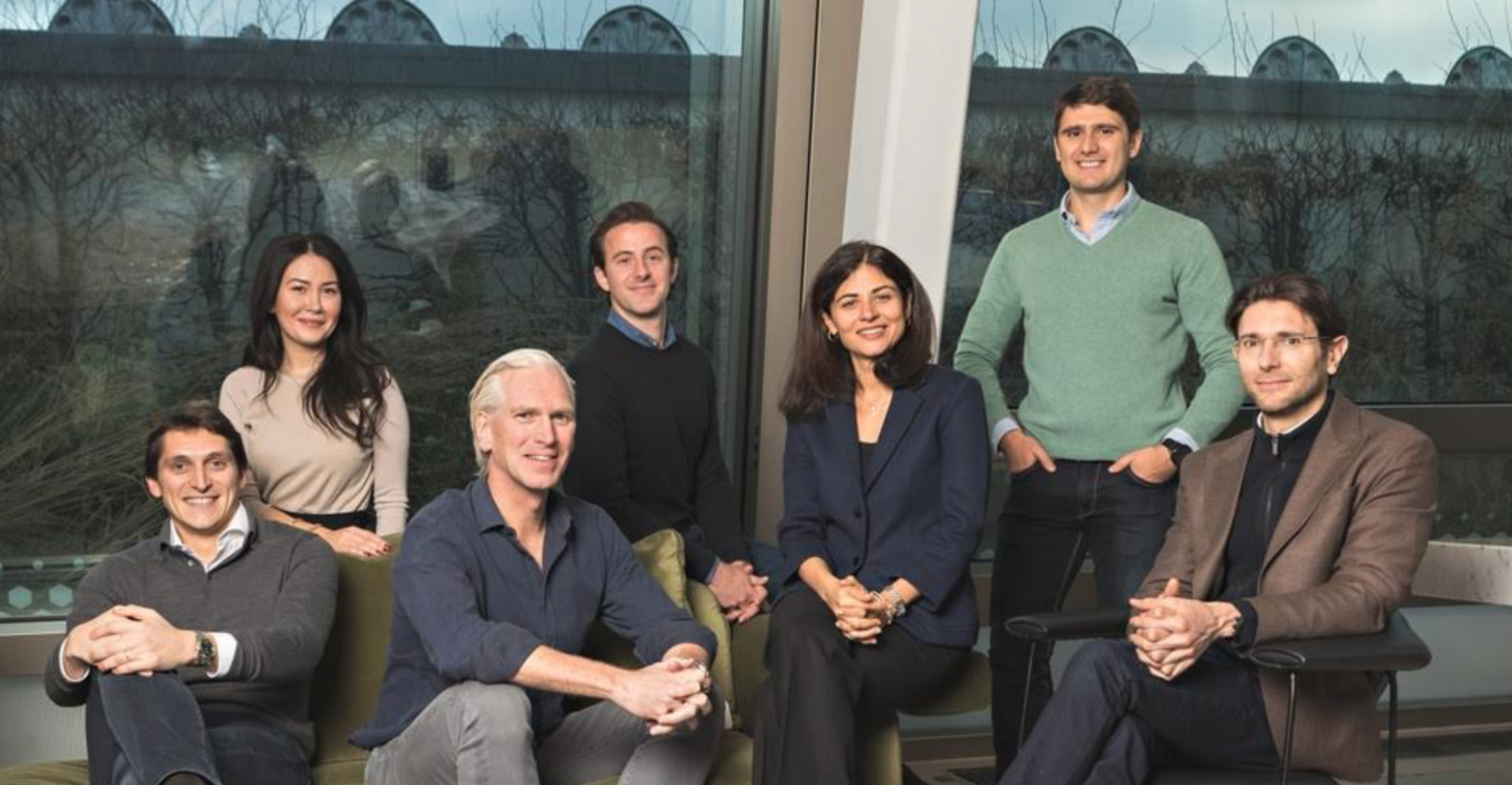Most of us in the startup community pride ourselves on knowing something about exponential growth. Even so, it’s been hard to take in how quickly coronavirus has changed the landscape in the last couple of weeks. Unfortunately, some investors are using the global crisis to engage in bad behaviour. It’s unethical, short sighted and counterproductive — even if you believe we’re living in a new world.
During venture’s 12-year-long bull market, venture capital firms strove to out-compete each other on founder friendliness. It undoubtedly led to some questionable excesses — with WeWork’s extraordinary (lack of) governance structure in retrospect marking the top of the market — but was great for entrepreneurs.
Now that times look harder, we’re about to learn which companies are truly built on founder friendliness — and those for which it was just a convenient marketing message.
I’ve seen more bad investor behaviour in the last 10 days than I have in the previous eight years.
Pulling term sheets
I’ve seen more bad investor behaviour in the last 10 days than I have in the previous eight years of running Entrepreneur First. Signed term sheets are usually sacrosanct in venture, but this week we’ve seen companies try to halve valuations on the day of completion or even try to ghost founders completely, as though the deal had never existed.
Their motivations aren’t hard to understand. People are panicked; the public markets are in chaos. No one wants to fund a company with no future or to overpay for a startup with a bleaker path ahead. Venture capitalists have their own investors — limited partners (LPs) — and some of them will be putting pressure on VCs to pull back.
Going forward, that’s fine. Like most VCs, I believe in markets. If the supply of capital drops, valuations can and should fall. Entrepreneurs need to be ready for a new normal. The egregious cases, though, are when VCs try to retrofit that new normal and renege on offers they’ve signed.
It’s particularly unethical because of the enormous power disparity between VCs and founders towards the end of a fundraising journey. Most startups start to raise new money when they have around a few months of runway left. By the time they’ve gone through multiple rounds of meetings with investors, signed a term sheet and gone through due diligence, time is running out. So for a VC to pull a term sheet — or say they’ll proceed only on wildly different terms — when their process has run down the clock and depleted the startup’s cash reserves is particularly brutal.
Reputations will be made or lost
It’s also foolish. Reputation is the most important currency in venture capital — and this is the sort of behaviour that founders talk about for a long time. One VC said to me this week that if they honoured a deal they’d signed the week before, LPs would think them an idiot and not invest again. I reminded him that LPs are even less likely to invest if founders say they wouldn’t take the VC’s money again. Founder reference checks are, fortunately, at the heart of LP due diligence.
Reputations are made and lost in such moments.
VC is a long game and short-term optimisations are rarely the difference between success and failure. No fund lives or dies by the price they pay for one deal — but reputations are made and lost in such moments.
There’s a useful question for investors who feel tempted to renege on a deal they signed before the scale of the crisis became clear. If you had done this deal and already wired the money, how high up on your list of problems would it be? In most cases, even if you don’t feel any ethical duty, it’s not worth the hit to your reputation.
Fortunately, I’m describing a small minority of VCs. This week I’ve also seen some heroic behaviour, with investors going above and beyond to look after the founders they’ve partnered with. I’ve seen angels stepping in to back a company that a VC has let down and a VC go to its LPs to change its fund rules so that it can double down on a startup in a tight spot.
In that sense, it’s a wonderfully clarifying moment for entrepreneurs. It’s easy to be founder friendly when exuberance abounds and every deal is an up round. Only hard times reveal people’s core values.
Core values are crucial in an industry built on decade-long partnerships. No entrepreneur wants to enter a business relationship with an investor who turns opportunist at the first sign of trouble. I suspect this will be an important moment for the still nascent European ecosystem — and one with enduring consequences. Founders have long memories.
Matt Clifford is cofounder of company builder Entrepreneur First.
Have you been on the receiving end of some bad behaviour from investors recently? Let Amy know (confidentially).



